6 Benefits Of Kelp, Nutrition, Dosage, And Side Effects
Take your health up a notch by adding this nutritionally rich seaweed to your diet!
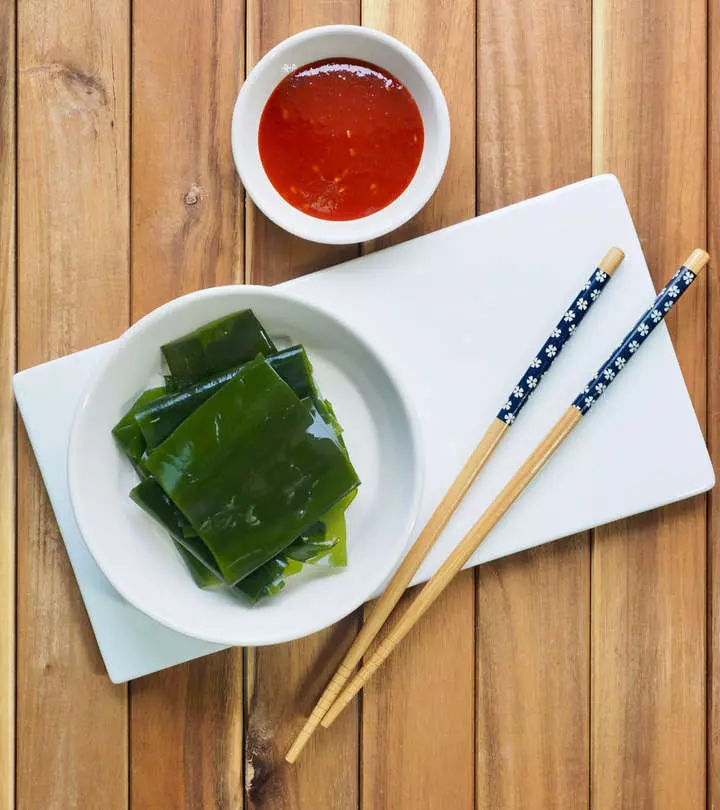
Image: Shutterstock
The health benefits of kelp are well-known. Remember those brown algae seaweeds included in your favorite sushi rolls? They are highly nutritious and are full of vitamins, minerals, antioxidants, and carotenoids. Kelp is known to regulate thyroid function, support bone health, help you lose weight, and help manage diabetes. In this article, we will share the health benefits of kelp, its nutrition profile, recipes, and any possible side effects. Keep reading.
In This Article
What Is Kelp?
Kelp is a large brown alga seaweed related to the Laminariaceae family. It grows in shallow water (kelp forests) near coastal fronts. There are nearly 30 varieties of kelp, and you can consume it in raw, cooked, as a supplement, or in powder forms. It can taste salty or like a fresh oyster.
 Did You Know?
Did You Know?Kelp is loaded with a wide range of vitamins and minerals. Keep scrolling to learn what they are.
Key Takeaways
- Kelp is a brown algae seaweed that tastes like fresh oyster and is slightly salty.
- It helps regulate thyroid function, aids in weight loss, and reduces cancer risk.
- You can add kelp to smoothies, salads, stir-fries, and soups.
Kelp Nutrition Profile
According to the U.S. Department Of Agriculture, 100 grams of kelp contains:
- Calories:43 kcal
- Protein: 1.68 g
- Water: 81.6 g
- Fat: 0.56 g
- Carbohydrate: 9.57 g
- Fiber: 1.3 g
- Calcium: 168 mg
- Magnesium: 121 mg
- Iron: 2.85 mg
- Vitamin C: 3 mg
- Folate: 180 mcg
- Vitamin A: 6 mcg
These vitamins and minerals in kelp make it an excellent food choice to manage several health ailments.
There are various seaweed benefits, from promoting heart health to being suitable for asthma patients. This versatility empowers you to make informed choices about your health. Similarly, kelp has also been noted to have health benefits. Scroll down to learn more about the benefits of kelp.
What Are The Benefits Of Kelp?
1. Regulates Thyroid Function
Did you know that at least 1,572 million people worldwide are estimated to be at risk of iodine deficiency disorders? Insufficient iodine intake affects the thyroid the levels of thyroid hormones. Kelp is a rich source of iodine, which may help regulate thyroid function. Since our body cannot produce iodine naturally, proper iodine intake is essential.
Iodine deficiency can lead to hypothyroidism and thyroid gland enlargement. A study conducted by the Sapporo Medical University found that 1-2 g of powdered kelp intake could restore thyroid function in patients with severe motor intellectual disabilities and with low iodine levels. Hence, kelp is an integral part of the thyroid diet that helps balance thyroid hormone levels. So, if you are into seafood, adding kelp can be an excellent choice to keep your thyroid in check.
Research shows that short-term dietary intake of kelp increases TSH (Thyroid-Stimulating Hormone) levels. The recommended daily dose of iodine for healthy adults is 150 mcg.
Note: Be mindful of the dosage as excess iodine intake may cause adverse health effects.
2. Helps You Lose Weight
Kelp is rich in nutrients but low in calories and fat. It contains alginate (a type of carbohydrate) that reduces the protein activity in the pancreas that breaks down fats. This reduced fat breakdown leads to low absorption of fats in the gut.
A meta-analysis on brown seaweed published in Marine Drugs in 2023 found that eating brown seaweed can lower total cholesterol and LDL cholesterol. It analyzed 9 studies involving 451 participants, and study durations varied between 4 weeks and 6 months across them. It found that after its intake, total cholesterol decreased by about 3 mg/dl while LDL cholesterol decreased by 6.5 mg/dl in the participants.
A study conducted by the Institute of Immunopathology, Russia, on 151 non-diabetic, obese menopausal women found that fucoxanthin (carotenoid in the chloroplast of brown algae) promoted weight loss when used in combination with pomegranate seed oil. However, more studies are warranted to understand this benefit of kelp.
3. Supports Bone Health
Kelp contains fucoidans (polysaccharides found in cell walls of brown algae), which have the potential for bone repair. It promotes new blood vessels and osteoblasts (cells that form new bones) to help build bones.
Low molecular weight fucoidan helps prevent age-related bone loss. Also, kelp is a great source of vitamin K and calcium that help improve bone density and are crucial for bone development.
4. Helps Manage Diabetes
Kelp is a rich source of vanadium, which has been shown to suppress the enzymes involved in the development of diabetes and glucose production in mice. It has hypoglycemic effects that could potentially help manage type 1 and type 2 diabetes. The polyphenols extracted from two kelp species, Ascophyllum nodosum and Fucus vesiculosus, may help lower blood sugar levels. However, more research is needed to understand this benefit of kelp.
5. Reduces Risk Of Cancer
The presence of fucoidan in kelp helps reduce the risk of cancer, as shown in lab and mice studies Fucoidan has anti-cancer and immunomodulatory effects and may have inhibitory and protective effects against certain types of leukemia and lung cancer.
One study completed in a lab setting, published in the Journal of Cancer suggests that fucoidan inhibits the progression of breast cancer cells. The antioxidants and nutrients, such as vitamin C and carotenoids, in kelp have cancer-fighting properties. However, more research is required to ascertain the anti-cancer effects of kelp.
6. Has Anti-Inflammatory Properties
Kelp contains sulfated polysaccharide fucoidan that inhibits inflammation and oxidative stress in tests with mice. It can also block the inflammatory proteins like cytokines and TNF-alpha and reduce inflammation in advanced cancer patients.
One study conducted on mice by the Jeju National University, Korea, has found that brown seaweed supplementation inhibits the inflammatory signaling in adipose tissue cells (tissues the store energy in the form of lipids).
These are the health benefits of eating kelp. But how do you use kelp to reap its maximum benefits? Find out in the next section.
How To Incorporate Kelp In Your Diet
You will find kelp in different forms like dried kombu, pureed cubes, sheets, flakes, granules, and noodles. It is also available as pills, powder, and tinctures. You can have it fresh and dried or consume supplements. Here are easy options to include this nutrient-dense food in your diet.
- Toss dried kelp into your soups or stews.
- Add kelp powder to your smoothies.
- Use raw kelp noodles in salads and main dishes.
- Sprinkling dried kelp flakes to season your stir-fries.
 Quick Tip
Quick TipIn the next section, check out the daily recommended dosage of kelp.
What Is The Recommended Dosage Of Kelp?
If taking kelp via supplement, be sure not to take an amount higher than the manufacturer, or you may have increased risks of arsenic or iodine intakes that are above the recommended upper limit (1,100mg per day).
If you are wondering how to eat kelp, we have shared a few recipes in the next section.
How To Eat Kelp
1. Kelp Smoothie
What You Need
- 1 cup of Atlantic sea farms kelp
- 1 ½ cups of almond milk
- 1 large bunch of kale
- 1 tablespoon of honey
- 1 cup of organic whole cranberries
- 1 frozen organic banana
- ½ teaspoon of cinnamon
Process
- Add all ingredients to the blender.
- Puree until smooth and drink.
2. Kelp Carrot Cake
What You Need
- ½ cup of Atlantic sea farms ready-cut kelp
- 3 eggs
- 8 medium-sized carrots (grated)
- 1 teaspoon of baking powder
- 1 teaspoon of baking soda
- 2 ½ cups of all-purpose flour
- 1 teaspoon of ground cinnamon
- ½ teaspoon of ginger
- ¼ teaspoon of nutmeg
- ¾ teaspoon of coarse salt
- ½ cup of granulated sugar
- 3 sticks of unsalted butter
- 1 cup of light brown sugar
- ½ cup of water
- 2 teaspoons of pure vanilla extract
- 2 cups of chopped pecans
Process
- Whip the butter and sugar until creamy.
- Add eggs to the mixture, one at a time. Keep whipping.
- Add vanilla, carrots, and water and mix well.
- Add all dry ingredients and half of the pecans and mix.
- Bake at 350°F for 30 minutes.
- Once it cools down, decorate with cream cheese frosting and the remaining pecans.
3. Kelp Salad
What You Need
- 200 g fresh or soaked dried kelp
- 3 chopped garlic cloves
- ¼ teaspoon of salt
- 1 teaspoon of sugar
- 2 tablespoons of light soy sauce
- 1 tablespoon of black vinegar
- 1-2 Thai chilies
- 2 tablespoons of finely chopped scallions
- 3 tablespoons of vegetable cooking oil
Process
- Roll the kelp and julienne it.
- Wash thoroughly in cold water to reduce the saltiness.
- Boil the julienned kelp for 2 minutes. Drain water and transfer to another bowl.
- Add light soy sauce, vinegar, scallion, chilies, and garlic.
- Heat vegetable oil and pour it over the salad, mix well, and enjoy!
4. Kelp Chips
What You Need
- Fresh kelp leaves
- 3 tablespoons of olive oil
- ⅓ tablespoon of sea salt
- Seasonings (optional)
Process
- Begin by preheating the oven to 300°F (150°C).
- Rinse the kelp leaves, pat them dry, and delicately cut them into chip-sized pieces.
- Toss the kelp pieces in a coating of olive oil to ensure a satisfying crunch.
- Arrange the coated kelp on a baking sheet, creating a single layer.
- Enhance the flavor by sprinkling sea salt and, if desired, adding your favorite seasonings.
- Bake in the preheated oven for 10-15 minutes or until the chips achieve a delightful crispness.
- Allow your wholesome Kelp Chips to cool, and then relish this unique and nutritious snack.
Excess consumption of kelp may cause some side effects. Let’s understand how it may affect your health.
Are There Any Side Effects Of Eating Kelp?
Consuming kelp in limited quantities is safe. Consuming it more than the recommended quantity may lead to thyroid hyperactivity, thyroid gland enlargement, heavy metal poisoning, and allergic reactions. It may also lead to hepatotoxicity (liver damage) and affect liver function.
Dried kelp may contain heavy metals, such as lead, arsenic, cadmium, and mercury, that can cause toxicity in the body.
In the rare case you are allergic, intake of kelp may lead to allergic reactions like anaphylaxis (acute allergic reaction), lower blood pressure levels, and cause breathlessness and nausea.
Excess intake of iodine-rich kelp may also interfere with thyroid replacement therapies., so be cautious if you are on thyroid medication.
The benefits of kelp are numerous. These benefits can be attributed to its beneficial nutrients. When included as a part of your regular diet, kelp can effectively regulate thyroid function, aid in weight loss, promote bone health, manage diabetes, reduce cancer risk, and fight inflammation. You can include kelp in your diet by sprinkling its powder on soups, stews, and smoothies or adding kelp noodles to your main course dishes. Try any of the recipes mentioned above with kelp to reap its benefits. However, do not overdose on it as it may trigger thyroid hyperactivity and hepatotoxicity.
Frequently Asked Questions
Does kelp help you sleep?
Possibly. Research has shown that triphlorethol A, a polyphenol in seaweeds, may have sleep-promoting effects (30).
Does sea kelp make you poop?
Possibly. Seaweeds contain polysaccharides that may stimulate digestion (31).
Explore 15 amazing health benefits of seaweed, from the importance of sourcing to proper prepping. Discover the nutritional wonders of this marine life staple and enhance your well-being. Click the video below to know more.
References
Articles on StyleCraze are backed by verified information from peer-reviewed and academic research papers, reputed organizations, research institutions, and medical associations to ensure accuracy and relevance. Read our editorial policy to learn more.
- Seaweed kelp raw
https://fdc.nal.usda.gov/fdc-app.html#/food-details/168457/nutrients - Health Consequences of Iodine Deficiency
https://www.ncbi.nlm.nih.gov/pmc/articles/PMC3074887/ - Iodine
https://ods.od.nih.gov/factsheets/Iodine-HealthProfessional/ - Treatment of Hypothyroidism due to Iodine Deficiency Using Daily Powdered Kelp in Patients Receiving Long-term Total Enteral Nutrition
https://pubmed.ncbi.nlm.nih.gov/23926395/ - Effects of kelp supplementation on thyroid function in euthyroid subjects
https://pubmed.ncbi.nlm.nih.gov/14583417/ - The modulation of pancreatic lipase activity by alginates
https://www.sciencedirect.com/science/article/pii/S030881461301340X - The effects of Xanthigen in the weight management of obese premenopausal women with non-alcoholic fatty liver disease and normal liver fat
https://pubmed.ncbi.nlm.nih.gov/19840063/ - Crude fucoidan content in two North Atlantic kelp species
Saccharina latissima and Laminaria digitata—seasonal variation and impact of environmental factors - Fucoidan-induced osteogenic differentiation promotes angiogenesis by inducing vascular endothelial growth factor secretion and accelerates bone repair
https://pubmed.ncbi.nlm.nih.gov/28714275/ - Osteoblasts and bone formation
https://pubmed.ncbi.nlm.nih.gov/17572649/ - The in vitro and in vivo effects of the low molecular weight fucoidan on the bone osteogenic differentiation properties
https://pubmed.ncbi.nlm.nih.gov/26271462/ - Vitamin K and bone
https://www.ncbi.nlm.nih.gov/pmc/articles/PMC5726210/ - Calcium
https://ods.od.nih.gov/factsheets/Calcium-HealthProfessional/#h2 - The potential effect of vanadium compounds on glucose-6-phosphatase
https://www.semanticscholar.org/paper/The-potential-effect-of-vanadium-compounds-on-Shehzad/e94f1f34926e3bdbfe399a542d82d959bb683631 - Effect of Vanadyl Rosiglitazone a New Insulin-Mimetic Vanadium Complexes
on Glucose Homeostasis of Diabetic Mice - Ascophyllum nodosum and Fucus vesiculosus on glycemic status and on endothelial damage markers in dysglicemic patients
https://pubmed.ncbi.nlm.nih.gov/30714233/ - Fucoidan Suppresses the Growth of Human Acute Promyelocytic Leukemia Cells In Vitro and In Vivo
https://pubmed.ncbi.nlm.nih.gov/26241708/ - Fucoidan from seaweed Fucus vesiculosus inhibits migration and invasion of human lung cancer cell via PI3K-Akt-mTOR pathways
https://pubmed.ncbi.nlm.nih.gov/23226337/ - Brown Seaweed Fucoidan Inhibits Cancer Progression by Dual Regulation of mir-29c/ADAM12 and miR-17-5p/PTEN Axes in Human Breast Cancer Cells
https://www.ncbi.nlm.nih.gov/pmc/articles/PMC5166552/ - Fucoidan alleviates high-fat diet-induced dyslipidemia and atherosclerosis in ApoE(shl) mice deficient in apolipoprotein E expression
https://pubmed.ncbi.nlm.nih.gov/27142736/ - An Exploratory Study on the Anti-inflammatory Effects of Fucoidan in Relation to Quality of Life in Advanced Cancer Patients
https://www.ncbi.nlm.nih.gov/pmc/articles/PMC6041928/ - Anti-inflammatory and anti-diabetic effects of brown seaweeds in high-fat diet-induced obese mice
https://pubmed.ncbi.nlm.nih.gov/26865915/ - Safe Use of Herbal Kelp Supplements
https://www.ncbi.nlm.nih.gov/pmc/articles/PMC2137109/ - Thyroid dysfunction following a kelp-containing marketed diet
https://pubmed.ncbi.nlm.nih.gov/25355748/ - Hepatotoxicity Associated with Herbal Tea Containing Kelp
https://www.ncbi.nlm.nih.gov/pmc/articles/PMC4435257/ - Elevated Concentrations of Metal(loids) in Seaweed and the Concomitant Exposure to Humans
https://www.ncbi.nlm.nih.gov/pmc/articles/PMC7916668/ - Heavy Metals Toxicity and the Environment
https://www.ncbi.nlm.nih.gov/pmc/articles/PMC4144270/ - Two cases of anaphylaxis after laminaria insertion
https://www.ncbi.nlm.nih.gov/pmc/articles/PMC3055140/ - Herbal medicinals: selected clinical considerations focusing on known or potential drug-herb interactions
https://pubmed.ncbi.nlm.nih.gov/9818800/ - Triphlorethol A, a Dietary Polyphenol from Seaweed, Decreases Sleep Latency and Increases Non-Rapid Eye Movement Sleep in Mice
https://www.ncbi.nlm.nih.gov/pmc/articles/PMC5983271/ - Seaweed Components as Potential Modulators of the Gut Microbiota
https://www.ncbi.nlm.nih.gov/pmc/articles/PMC8303941/
Read full bio of Jennifer House
Read full bio of Sindhu Koganti
Read full bio of Arshiya Syeda
Read full bio of Payal Karnik







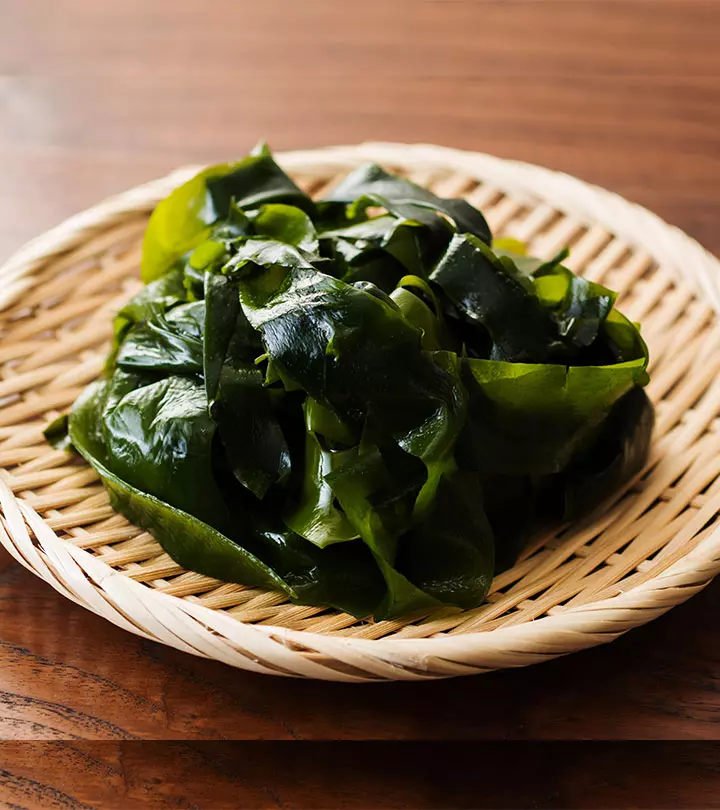
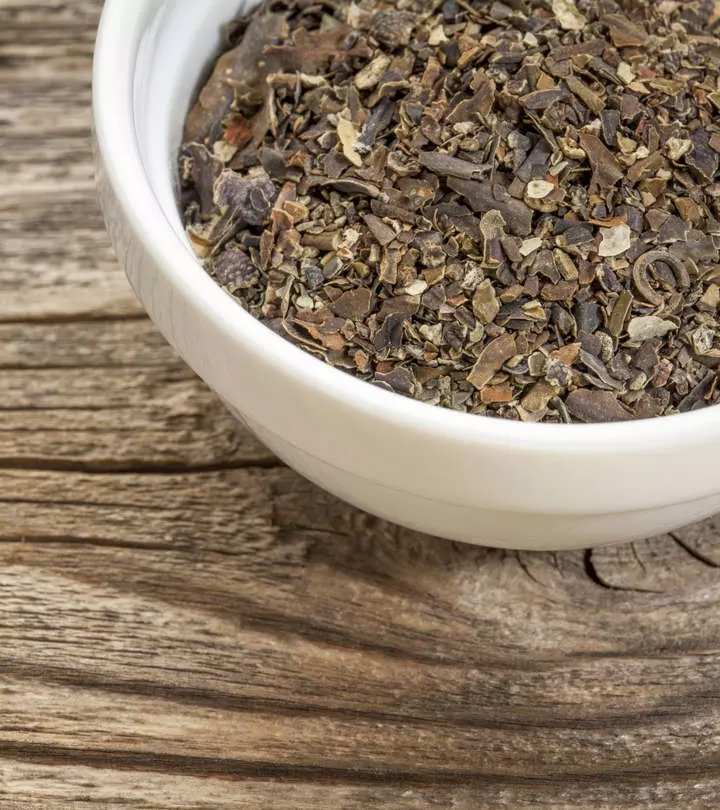
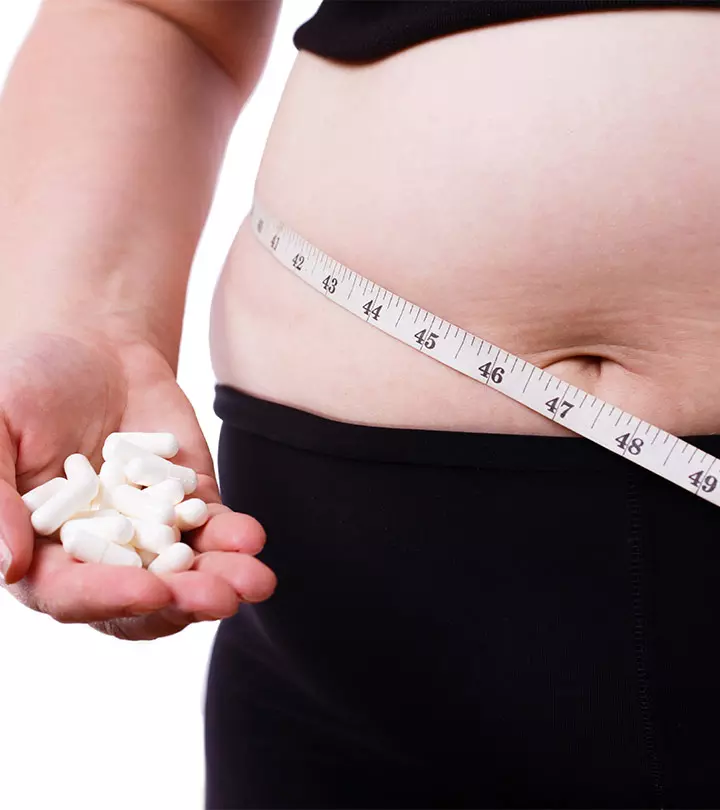
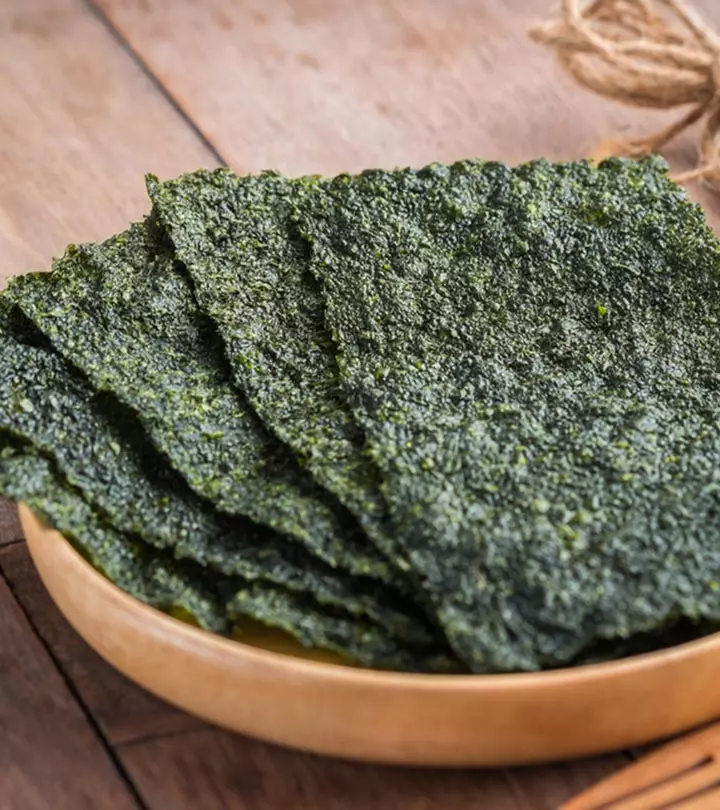
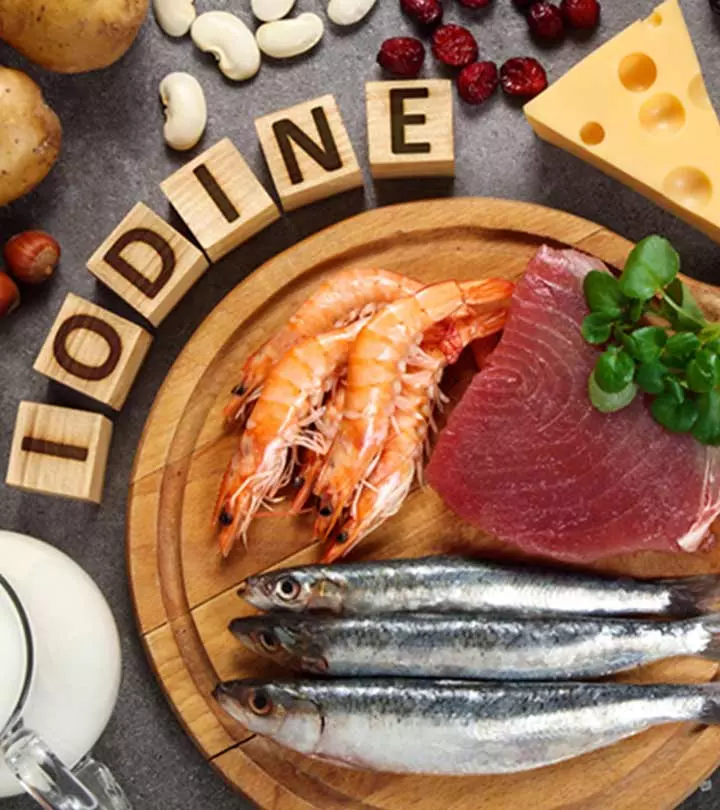
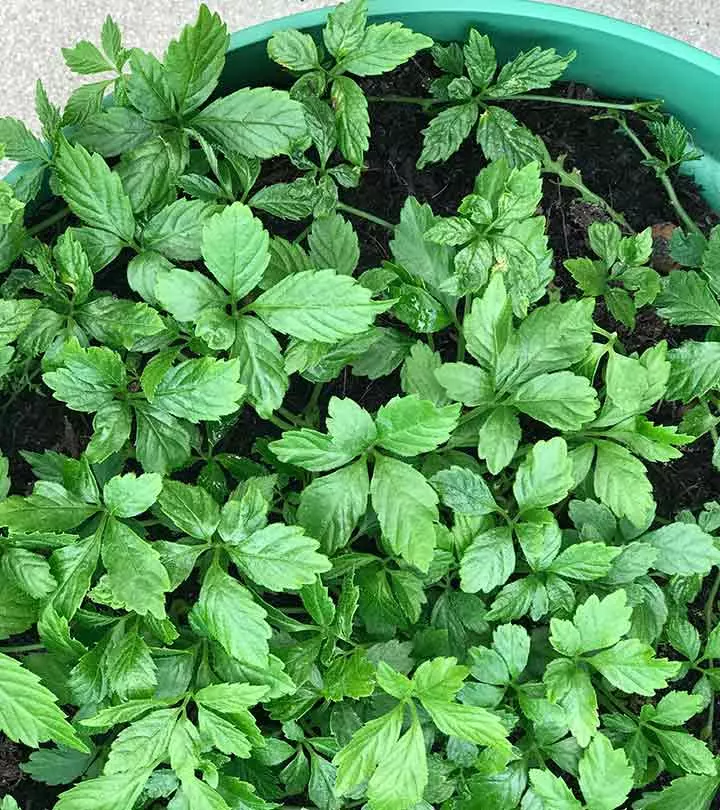
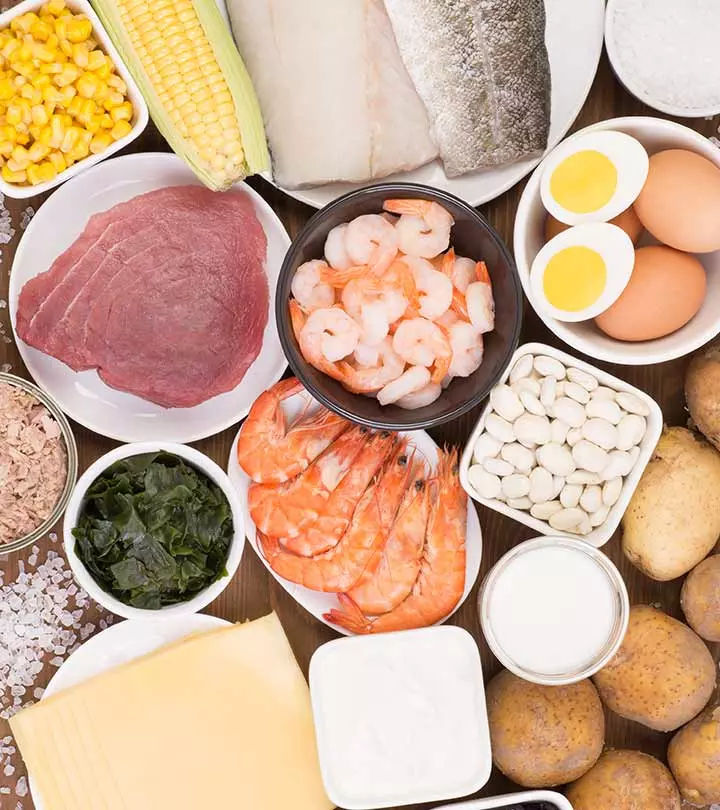

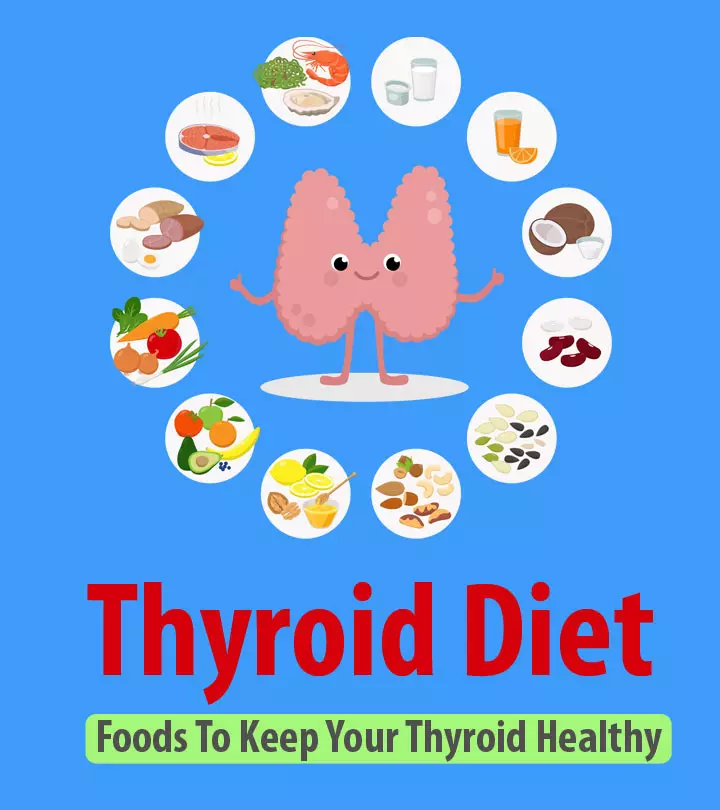
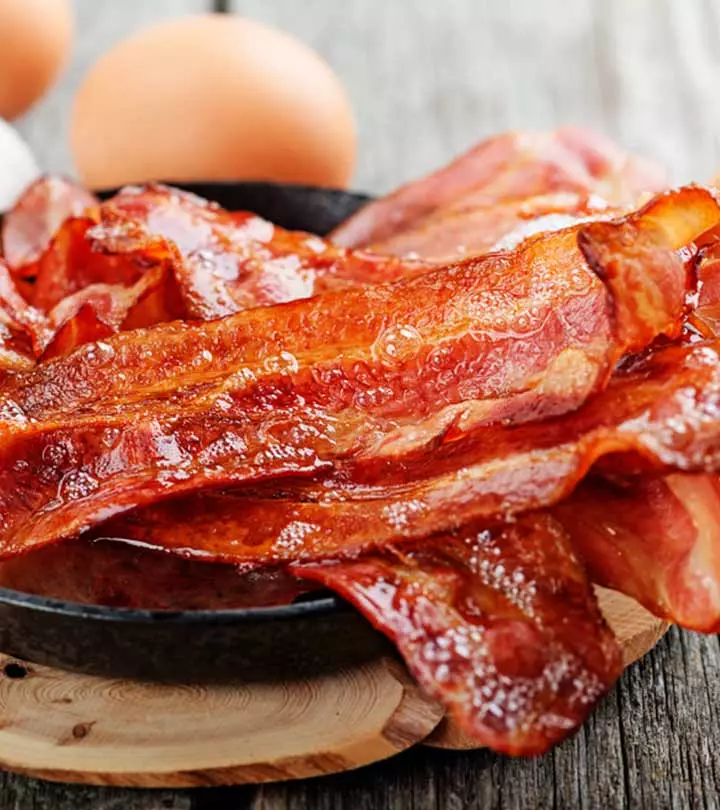
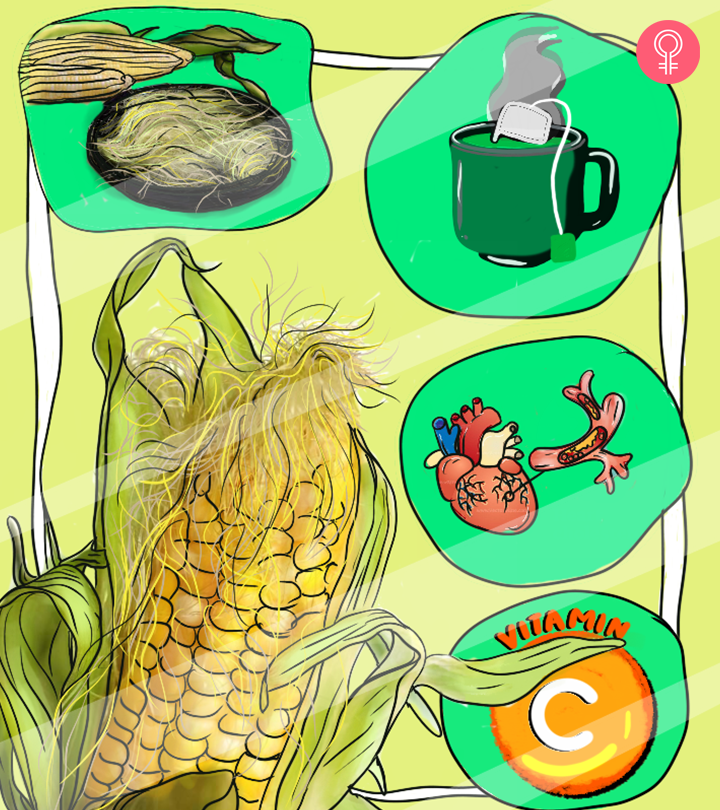
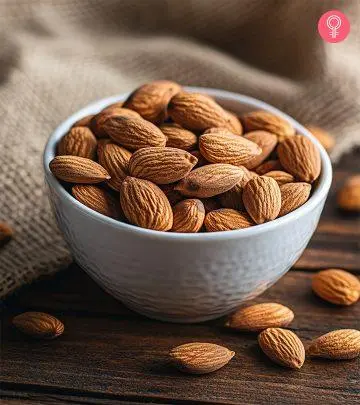

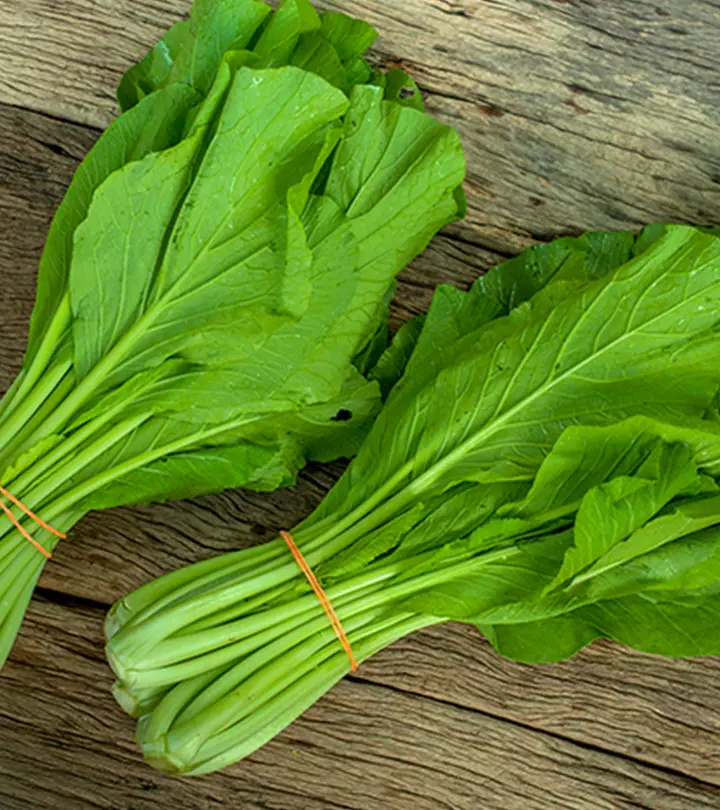
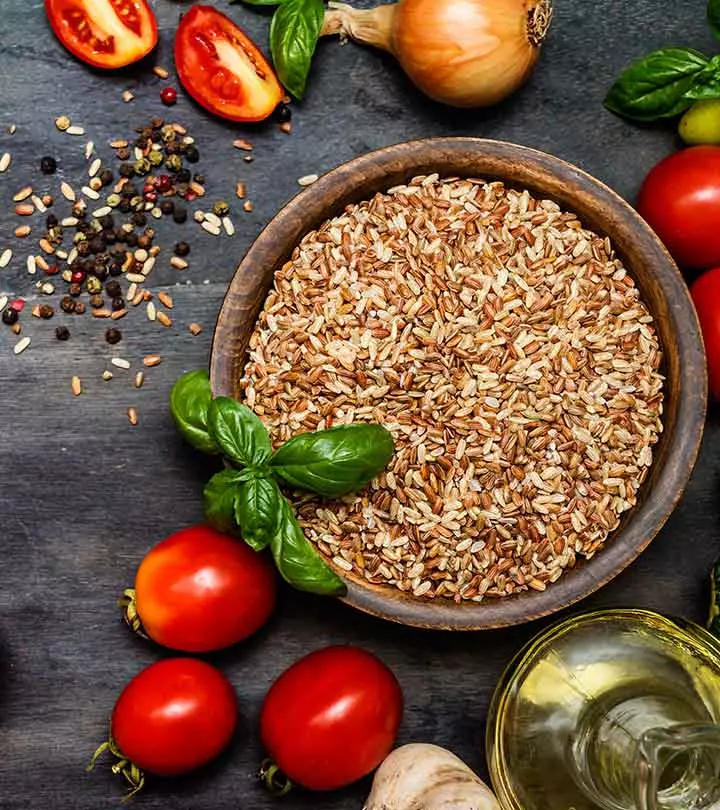


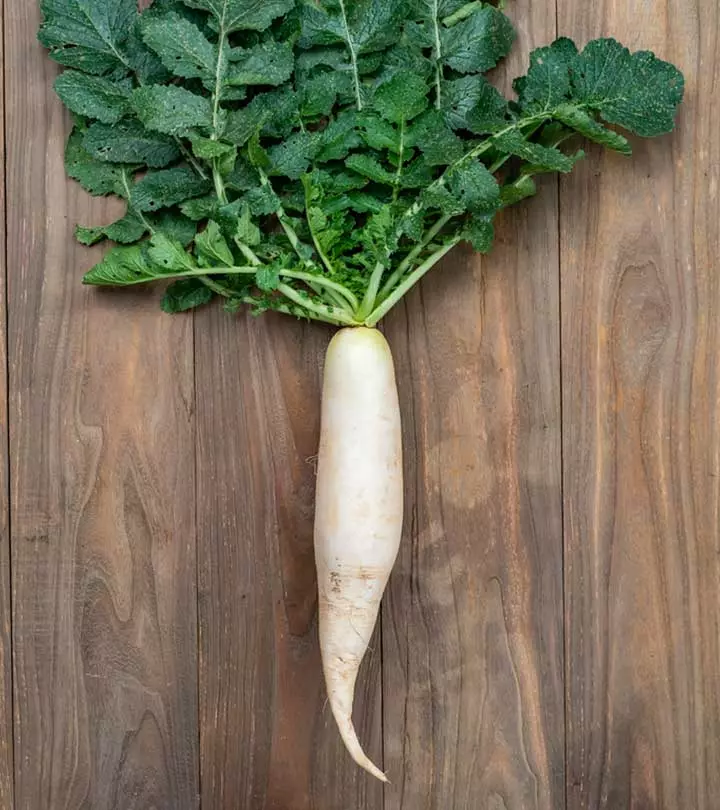
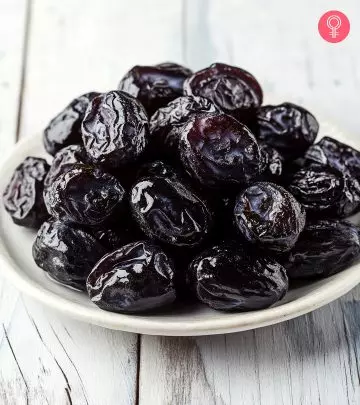
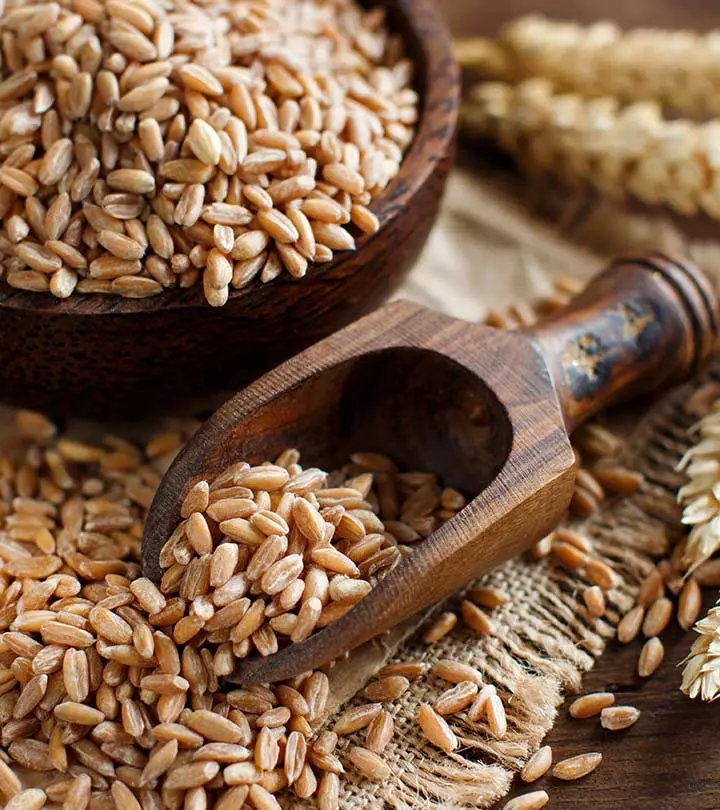
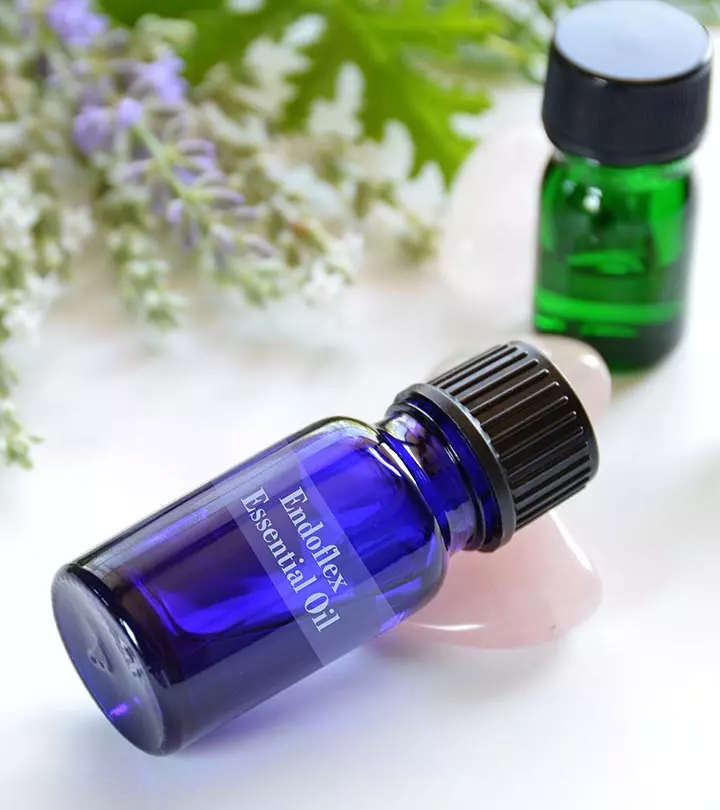
Community Experiences
Join the conversation and become a part of our empowering community! Share your stories, experiences, and insights to connect with other beauty, lifestyle, and health enthusiasts.